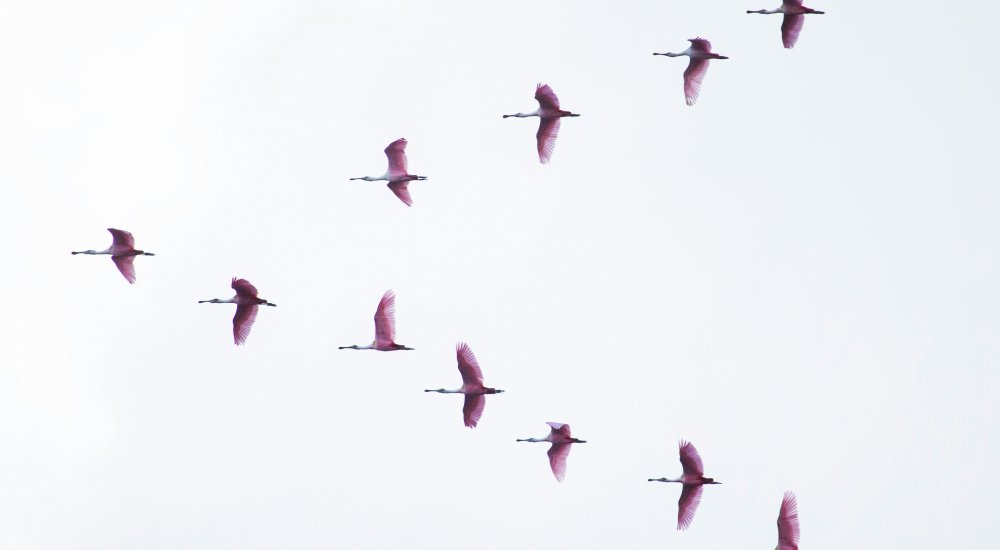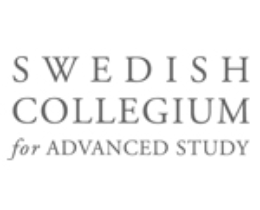The Human Past Residential Fellowship Programme (SCAS)

The Human Past Residential Fellowship Programme, an initiative by the Center for the Human Past, is designed to foster a collaborative environment where early-stage and established scholars can converge across a wide range of disciplines, such as archaeology, population genetics and historical linguistics. These fields collectively explore the shared history of the world’s populations over the past 10,000 years, a period marked by the advent of agrarian food production, population growth and linguistic changes, as well as the emergence of early civilizations.
The programme aims to attract research fellows pursuing research on different aspects of the human past, combining methods and materials from different disciplines. The programme's primary focus is on research work relating to three major migration events: The Indo-European-, Bantu- and Austronesian expansions. We invite scholars who are interested in exploring archaeological evidence, linguistic changes, or genetic factors associated with any of these major archaeological and linguistic expansions.
The programme gives fellows the opportunity to concentrate on their own research interests, free from the teaching and administrative obligations of ordinary university life. Fellows are, however, expected to be active members of the scholarly community of the Collegium and to participate in seminars and other academic events beyond their own fields of specialization. The fellows within the programme will also be expected to participate in the activities at the Center for the Human Past.
The Human Past Fellowship Programme is funded by the Swedish Research Council as an integral component of the Center for the Human Past, which is recognized as a Center of Excellence.
The Fellowship Programme offers one Advanced Fellowship, and one Young Scholar Fellowship. For the Advanced Fellowship, the candidate should, at the time of application, have held a PhD (or equivalent degree) for at least seven years, have a track record of significant and original research achievements, and be active at the international forefront of his/her research field. Early-career scholars applying for the Young Scholar Fellowship should have a promising track record of independent achievements at the post-doctoral level (at the most seven years from PhD degree), including significant publications, and be active in international fora.
Candidates are not required to hold a university position at the time of application.
Remuneration
Fellows normally receive a monthly salary. However, the Collegium does not match fellows’ salaries at their home university/institute, and fellows are asked to try to obtain other resources for their support such as sabbatical salaries and/or grants.
In most cases the Collegium will provide and pay for accommodation for fellows who do not live in the Stockholm–Uppsala region. When possible, the Collegium also tries to offer accommodation to fellows from Stockholm who are not able to commute.
Application Instructions and Deadline
Final decisions are taken by the Principal External link.of the Collegium in consultation with a selection committee. This means that all applications (including personal data) will be downloaded by members of the selection committee, and may also be sent to external referees, outside of the EU/EEA.
The application deadline for the academic year 2026-2027 is on 2 June 2025 (23:59 CET).
Please note that this year 28 May-1 June is a national holiday and a long weekend. For this reason you may want to prepare your application and upload your documents well ahead of time. Since the deadline is in conjunction with a four-day holiday, it will likely take longer than usual to receive assistance.
If you are applying to the Human Past Fellowship Programme, we kindly ask you to only apply to that fellowship programme. Applying to more than one fellowship programme will not increase your chances of being awarded a fellowship at SCAS.
Apply through the Varbi application system by filling in the online form and submitting as PDF-files the following required application documents:
- A curriculum vitae (not exceeding 4 pages)
- A description of your intended research project (not exceeding 1500 words, excluding bibliography if any)
- A list of your major articles (up to ten) in international peer-reviewed journals and/or major research monographs or edited volumes
- One article of your choice (or chapter in an edited book, or chapter from a monograph by you), representing your scholarship. The article does not have to be related to your proposed research project, but it has to be in English.
- An account of why you wish to be at SCAS (rather than at another institute for advanced study) (not exceeding 100 words)
- An account of how you would benefit from a stay at SCAS (not exceeding 100 words)
- An account of how you would contribute to the academic and social environment at SCAS (not exceeding 100 words)
- A copy of your PhD diploma
- (Optional) up to 3 letters of reference (Please note that letters of reference must be uploaded by the candidate by the application deadline. It is not possible for referees to upload references into the online application system or send them to SCAS.)
Apply here (Link to Varbi)(link to external site, opens in new window)
Once your application has been submitted, you will receive a confirmation email from the Varbi online application system.
Applicants will be notified of the results through the Varbi online application system no later than 28 February 2026. If you get a new email address, please make sure to update it in your Varbi account.
If you have any technical questions related to the Varbi online application system, please see the help page in your Varbi account or hereExternal link, opens in new window.. If you cannot find the answer to your question on the help page, you can contact Varbi’s support: support@varbi.com.
If you have any questions regarding the thematic focus of the programme, please contact marzena.norling@ebc.uu.se
If you have any questions about the Human Past Fellowship Programme, please contact the secretariat: fellowselection@swedishcollegium.se
The position may be subject to security vetting. If security vetting is conducted, the applicant must pass the vetting process to be eligible for employment.
